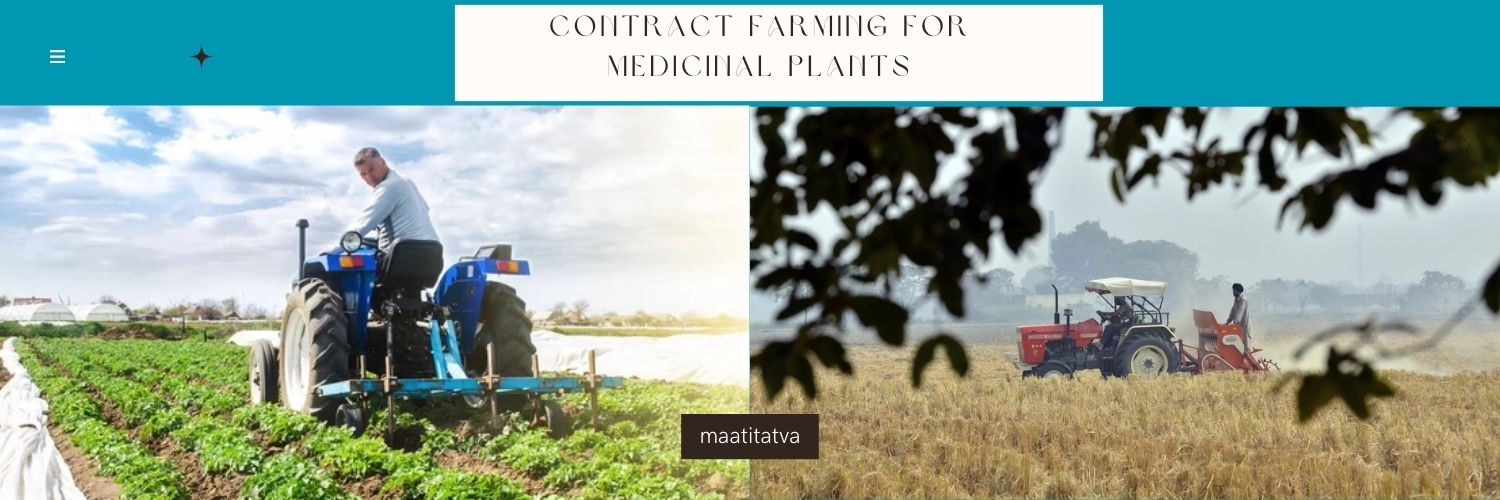Contract Farming
Contract farming refers to varied formal and informal agreements between producers and processors or buyers. It may include loose buying arrangements, simple purchase agreements and supervised production with input provision, with tied loans and risk coverage. In this system for the production and supply of agricultural/horticultural produce are under forward contracts between producers/suppliers and buyers. The essence of such an arrangement is the commitment of the producer/ seller to provide an agricultural commodity of a certain type, at a time and a price, and in the quantity required by a known and committed buyer. Contract farming usually involves the following basic elements-pre-agreed price, quality, quantity or acreage (minimum/maximum). Contracts can range from oral deals to formal, registered written contracts.

What is a contract farming agreement?
In this system for the production and supply of agricultural/horticultural produce are under forward contracts between producers/suppliers and buyers. The essence of such an arrangement is the commitment of the producer/ seller to provide an agricultural commodity of a certain type, at a time and a price, and in the quantity required by a known and committed buyer. Contract farming usually involves the following basic elements-pre-agreed price, quality, quantity or acreage (minimum/maximum) and time. Contracts can range from oral deals to formal, registered written contracts.
Why Contract Farming?
To reduce the load on the central & state level procurement system
To increase private sector investment in Agriculture
To bring about a market focus in terms of crop selection by farmers
To generate a steady source of Income at the individual farmer level
To promote processing & value addition
Features
- Ensuring Quality Standards
- Efficiency and Economics of Scale
- Facilitating Diffusion of Modern Technologies
- Minimizing' Transaction Costs
- Coping with Information Asymmetries
- Price Volatility




















